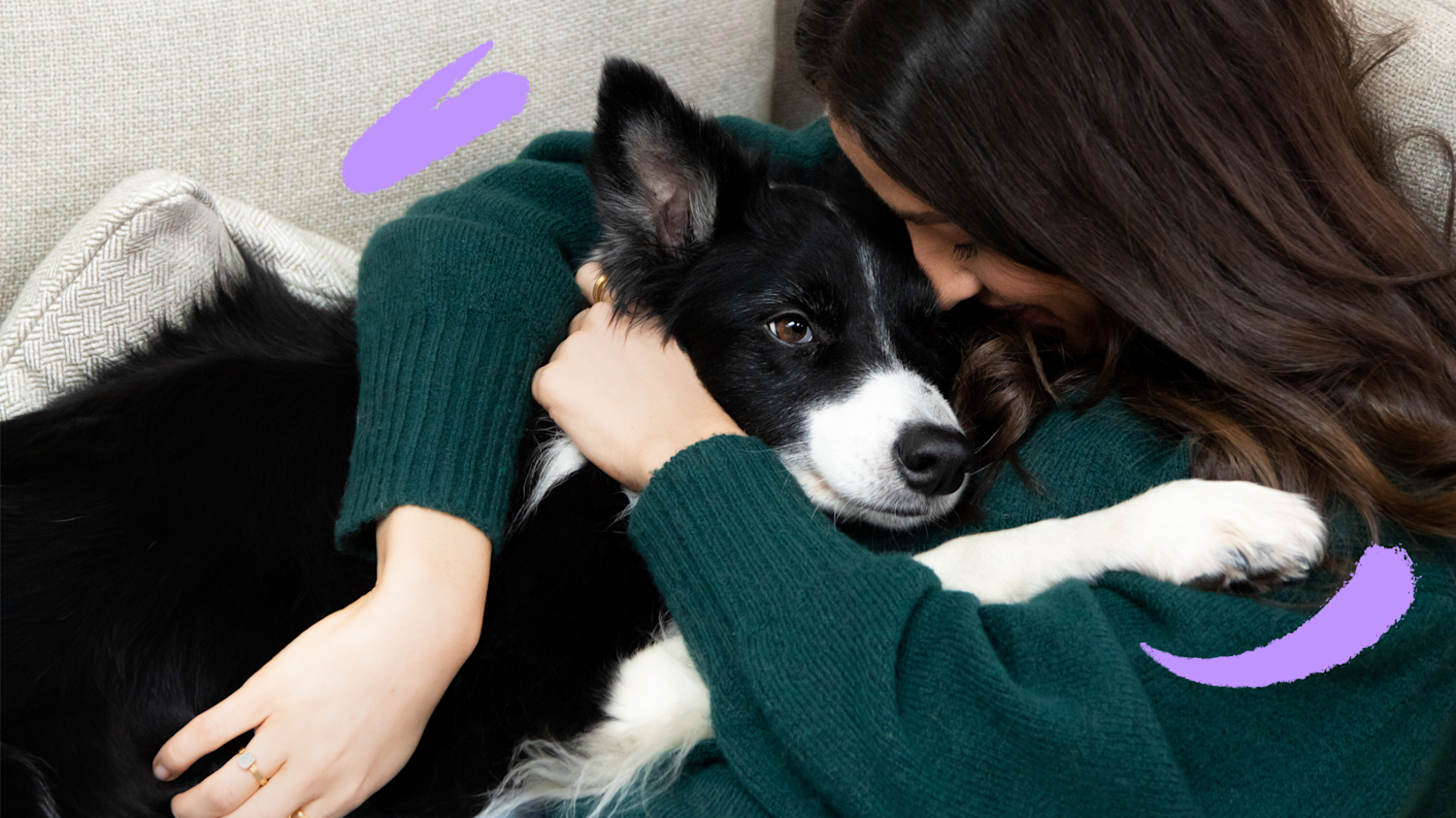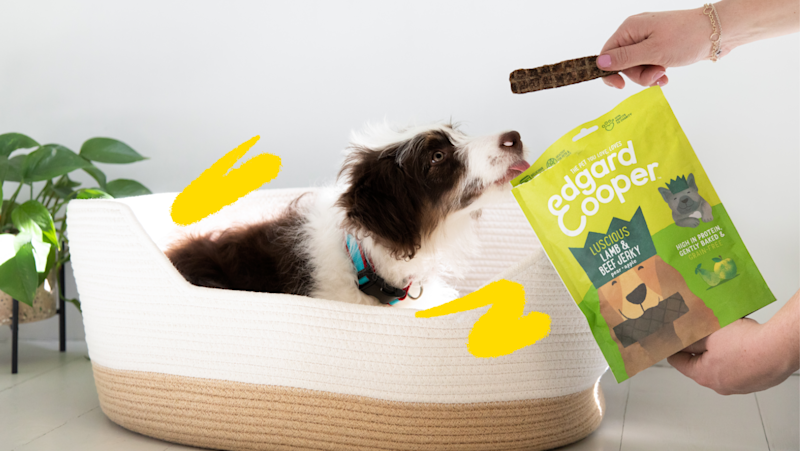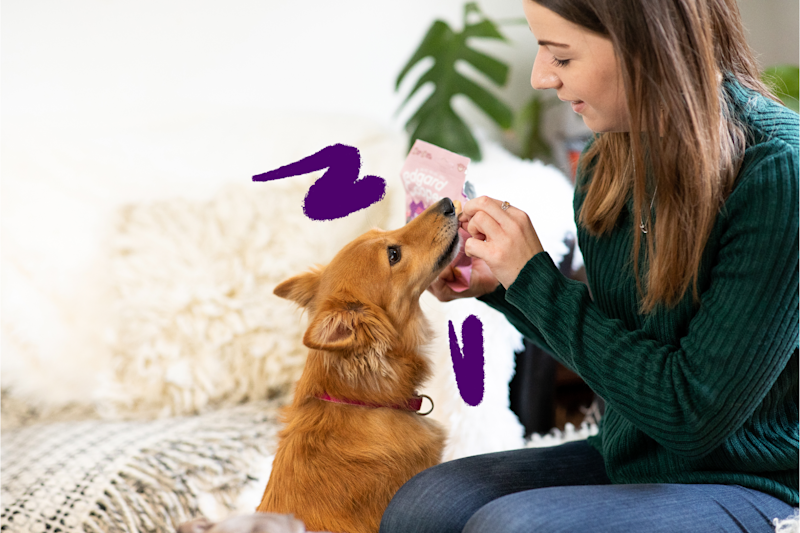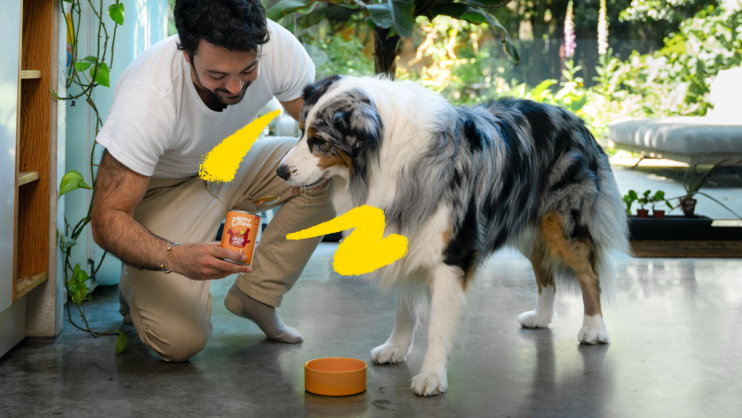How do I stop my dog from excessively barking?


Does your dog bark a lot and for an extended period of time? Barking is a normal part of a dog's communication. Whether to alert you of someone at the door or they have seen a doggy friend across the street, your dog will bark several times a day. However, there could be a deeper issue if they are barking for long periods or very frequently. The tips below are standard practices to comfort your dog. It is, however, essential to find the root cause of the barking and learn ways to help ease your dog if there is an even deeper issue.
Exercising regularly
Dogs are likely to bark when they are bored or when they have pent-up energy. Regular walks can help alleviate boredom and restlessness, reducing the likelihood of excessive barking. Playtime and mentally stimulating activities can also provide an outlet for their energy. Don’t you feel less cranky or bored once you’ve exercised?
Socialising with others
Barking at new people, animals, or situations is often a result of fear or unfamiliarity. Encourage your dog to socialise with other people or pets. Not only will they make friends and receive even more cuddles, but this will also get them used to other dogs and people and stop them from excessively barking in these situations.

Creating a safe haven
Dogs may resort to barking when they feel anxious or threatened—creating a quiet and cosy space for your dog can help to reduce this. A bed with some of their favourite toys is an excellent place to start, where they can relax and stay secure. This space should remain protected and personal to your dog, so it is also good to reduce unfamiliarity entering their space. This should relieve anxiety-related barking.
Avoiding punishment
Do you ever get frustrated when your dog barks? Of course, it can be at times. But we mustn't tell them off when they bark. Raising your voice can escalate anxiety and worsen barking behaviour. Teaching a "quiet" command and praising your dog when they comply reinforces the desired behaviour and encourages them to remain calm.

Giving positive reinforcement
While treats can be practical tools for training, timing is crucial. Make sure that barking and rewarding are kept separate to ensure there is no confusion for your dog. Wait for moments of silence and calm before offering a treat. Doing so reinforces the absence of barking and encourages your dog to associate quietness with positive outcomes. Though quick fixes are easy, staying persistent in only giving treats when they are quiet is important.
Remember that consistency and patience are essential when working with your dog to reduce excessive barking. That aside, barking also has its positives; it can be a sign of excitement and love from your companion. So, it is important to assess the underlying causes of the barking rather than simply trying to suppress it immediately. Every dog is unique, so finding the right approach may take time and experimentation.
About Edgard & Cooper

Joyful pet food
Eating is one of life’s simple joys, so why overcomplicate things? Unlike most other pet foods, we treat nature’s ingredients with respect and make food that’s naturally healthy and full of flavour.

Play nice with nature
We’re on a mission to become the world’s most sustainable pet food. We love nature, so we pledge to make real, lasting change through our targets of zero carbon, fully sustainable packaging and ethically sourced ingredients.

Friends stick together
We donate 1% of our sales to the Edgard & Cooper Foundation, which works with charities that improve the lives of cats and dogs today, while protecting them tomorrow.







